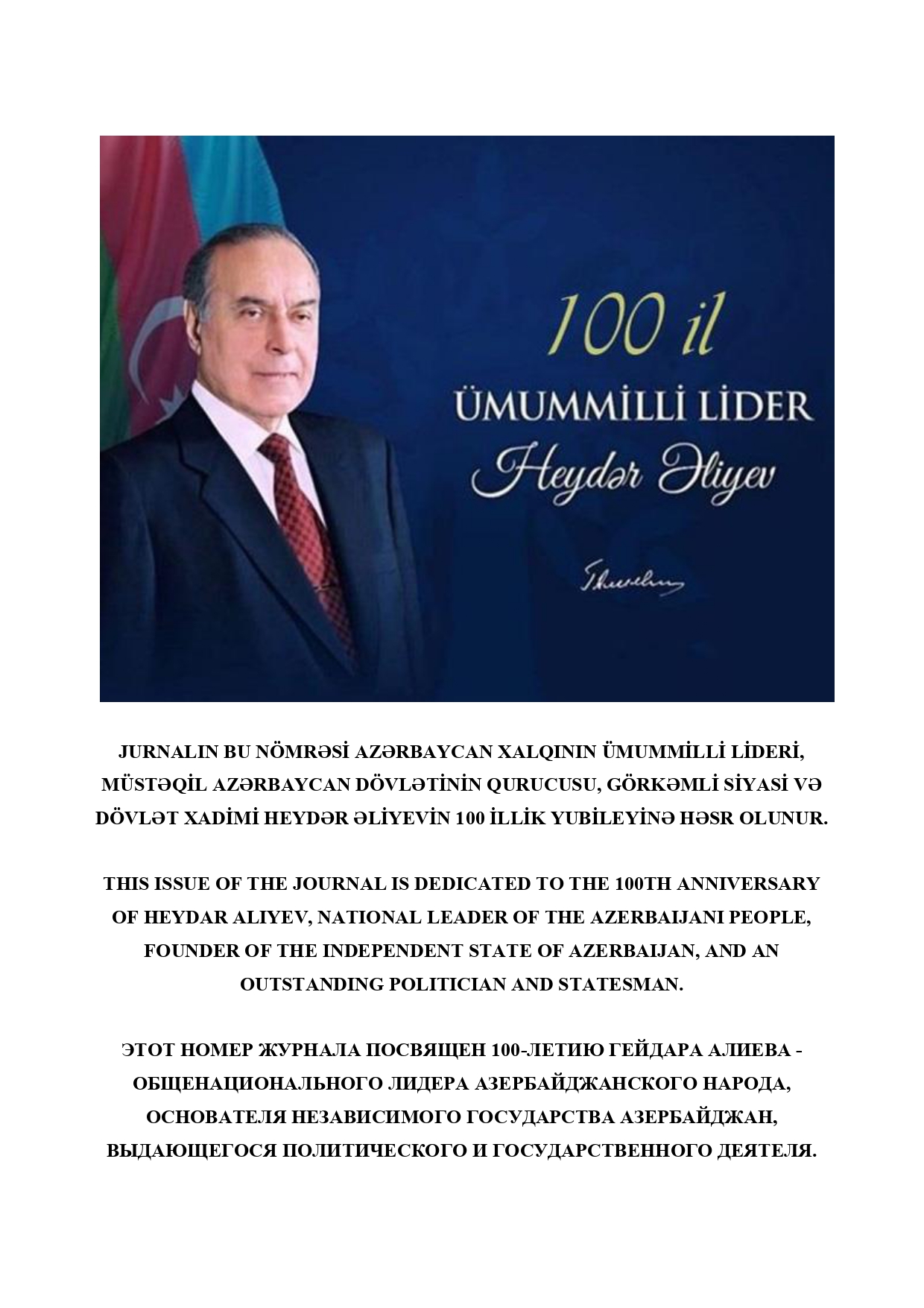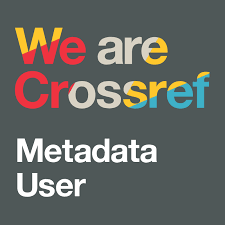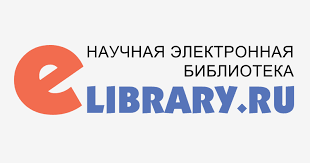Overview
Published since 2018, JTCEM is a peer-reviewed open access journal published online with quarterly print on demand. JTCEM provides a forum for the exchange of information among the medical and public health professionals, and researchers from various disciplines concerned with the anatomy, embriology and histology and allied areas, including diagnosis and treatment of human disease. JTCEM strives to be comprehensive — creating a platform for everyone involved in fundamental and clinical sciences research and practice. The JTCEM is aimed at promoting more active involvement of scientists and clinicians from various parts of the world into scientific discussions and into sharing their research and thus contribute to the global flow of medical scientific information.
Aims and Scope
JTCEM is a independent open access peer-reviewed publication integrating scientific information mainly from Eurasian region for all medical specialties. The objective of Journal is to provide an interdisciplinary forum for the exchange of high quality biological and clinical information among medical and public health specialists concerned with the anatomy, embriology and histology, as well as etiology, epidemiology, diagnosis, treatment and cure of human disease as well as population health. JTCEM is published by Azerbaijan Society of Anatomists, Embriologists and Histologists and Uptodate In Medicine LLC Health Sciences Publishing which is leading online medical education organization in Azerbaijan.
The Journal publishes original papers, invited review articles and book reviews: more detailed information, including instructions for authors, can be found on the Journal of Anatomy website [www.jtcem.org] or using the links below. Its main focus is to understand anatomy through an analysis of structure, function, development and evolution. We particularly welcome submissions in the following areas:
- Cell biology and tissue architecture
- Comparative functional morphology
- Developmental biology
- Evolutionary developmental biology
- Evolutionary morphology
- Functional human anatomy
- Methodological innovations in anatomical research
- Musculoskeletal system
- Neuroanatomy and neurodegeneration
- Significant advances in anatomical education
Priority will be given to experimental studies that provide novel insights into any of these areas. Multi-disciplinary studies crossing more than one of these areas are also welcomed. Manuscripts concerning anatomical education will only be accepted if they are of a robust quantitative nature or will inform about international education policy.
The Editors will also consider publishing Letters (1-2 pages) on scientific issues of clear relevance to the scope of interest of the Journal. There are no page charges, and charges are not made for colour, if, in the Editors’ opinion it is essential. In all other cases costs must be borne by the author.
JTCEM seeks to provide readers from all over the world with very relevant, high quality and timely information on current state of clinical sciences, ongoing and perspective research activities to a broader medical and public health audience and related specialists in the field. The JTCEM publishes original and review articles that facilitate the transfer of know-how from the laboratory to the clinical practice; contribute to disease prevention, early detection, diagnosis, treatment, and rehabilitation; and supports the advancement of public health. JTCEM works in close collaboration with various universities and medical societies in Eurasian region and publishes educational supplements on number of topics of interest to medical professionals and public health specialists.
Readership
Internists, Family Practitioners, Cardiologists, Oncologists, Haematologists, Radiologists, Basic Science Researchers, Epidemiologists, Pathologists, Urologists, Gynecologists, Gastroenterologists, Paediatricians, Neonatologists, Endocrinologists, Pulmonologists, Otolaryngologists, Nephrologists, Public Health experts, Laboratory Medicine Specialists, Medical Statistitians, Infection diseases Specialists, Neurologists, Resident-physicians, Medical Students, Nurses.
Keywords: anatomy, cell, embriology, histology, tissue
All CORRESPONDENCE for the journal should be sent to the following physical or electronic address. Please include the manuscript ID with all correspondence (example: JTCEM-2018-0059):
The JTCEM Editorial Office
Phone: (994) 50 349-29-48; E-mail: uptodate.az@gmail.com
Uptodate In Medicine LLC Health Sciences Publishing
Uptodate In Medicine LLC Health Sciences Publishing is the nationwide health organization dedicated to eliminating human disease as a major health problem by preventing disease, saving lives and diminishing suffering through research, education, training and advocacy.
SUBMISSION GUIDELINES
Manuscripts must be submitted to JTCEM via www.jtcem.org portal. Please contact the JTCEM Editorial Office at (994) 50 349 29 48 or uptodate.az@gmail.com if you have any questions about submitting your manuscript online.
- In some exceptional cases manuscripts may be submitted by e-mail.
- Submit text files only as .DOC, .DOCX, or .RTF file formats. Other file formats are not permitted and should be converted to .DOC or .DOCX.
- Authors are required to email or upload any permissions that may have been obtained for figures or tables or any permissions required for patient consent.
- Please include the permanent manuscript ID on all correspondence (example JTCEM-2018-0059).
Author Withdrawal Policy
From time to time, an author may wish to withdraw a manuscript after submitting it. It is an author’s prerogative and we respect that decision. And an author is free to withdraw an article at no charge – as long as it is withdrawn within 15 days of its initial submission. If you have concerns or questions about it, please contact us for details.
Presubmission Inquiries
Due to the high volume of submissions we receive, JTCEM considers presubmission inquiries on case-by-case basis. Instead, please submit full manuscripts online at www.jtcem.org and we will assist you in every way we can.
Tobacco Policy
The EJCS will not consider any work that is funded directly or indirectly by tobacco companies or their affiliates. Any such work will be editorially rejected.
Copyright
Upon receipt of accepted manuscripts at JTCEM, authors will be required to complete an copyright licence to publish form. Authors are hereby informed that by submitting an article for publication they confirm being the corresponding/submitting author and that JTCEM may retain their email address and other contact details for the purpose of communicating with them about the article. Authors shall agree to notify JTCEM immediately about changes in their contact details. If article is accepted for publication, JTCEM will contact corresponding authors initially using the email address that was used in the registration process.
Manuscript Types
Papers that exceed the length limitations as described in this guide will not be considered for review.
- Original (Clinical Research) Articles: Scientific reports of the results of original clinical research. The text is limited to 5000 words including the title page, abstract, text, references, and tables. Abstracts are limited to 250 words.
- Original (Public Health Research) Articles: original research, including evaluations of public health interventions or programmes, and public health practice original work on audit, workforce or resource development. The text is limited to 5000 words including the title page, abstract, text, references, and tables. Abstracts are limited to 250 words.
- Systematic reviews and Meta-Analyses: The review should be less than 5000 words (not including abstract, references, and tables). There should be a structured abstract of up to 300 words (using the headings: Background, Methods, Results, and Conclusions). There should be upto 5 keywords and up to 40 references.
- Review Articles: A timely, in-depth and detailed review and discussion of a particular health issue, medical problem or disease. Review articles are generally solicited by the editors. JTCEM would on case-by-case basis but unsolicited materials will be considered. Review articles must be no longer than 5000 words including title page, abstract (no more than 250 words), text, tables, and references.
- Clinical case/Short reports: Short reports follow the same format as original articles. However, the short reports should contain less than 1200 words, and also maximum one table or figure. Abstracts are required with short reports, but should not be structured, and be no longer than 100 words. Maximum number of allowed references is 10 per each short report.
- Editorials: Opinions of recognized leaders in various fields of medical and public health specialties. Editorials are usually solicited by the Editor-in-Chief and in some circumstances by section editors and are related to a manuscript in the same issue. Length should not exceed 1500 words with no more than 15 references.
- Commentaries: Presents a point of view of general interest not related to an article in the same issue of JTCEM issue.
- Letter to editor. Letters to the Editor discuss a specific publication by the JTCEM and have a word limit of 800.
Permissions
Use of previously published or copyrighted material
Information obtained and used from another source must be properly cited. The submitting author is responsible for obtaining written permission from the appropriate authors and/or copyright holders to use previously published or copyrighted material. Signed permission statements from the authors or copyright holders of original text or information shall be sent to the JTCEM's Editorial Office along with manuscript submission.
Authorship by Residents and Fellows
Medical students, residents, and fellows may submit articles and may be listed as first author. However, Society's and UiM's policy requires that a senior physician has provided mentoring support to the student, resident or fellow. This senior physician(s) shall be listed as a coauthor.
REVIEW PROCESS
Editorial and Peer Review
All submitted manuscripts are reviewed initially by the Editor-in-Chief for quality, novelty, scientific importance, and relevance to the journal's general audience. Manuscripts with insufficient priority for publication or those that are outside the scope of the journal are rejected promptly.
Manuscripts considered relevant are sent to Section Editors. Only these manuscripts will be reviewed by experts in the field. The Section Editors select the external peer reviewers and make the final decisions on manuscripts. JTCEM employs a double-blind review process in which peer reviewer and author identities are kept confidential. The existence of a manuscript under review is not revealed to anyone other than the peer reviewers and editorial staff. Peer reviewers are required to maintain confidentiality about the manuscripts they review and must not divulge any information about a specific manuscript or its content to any third party without prior permission from the journal editors. All authors are sent notification of the receipt of manuscripts and editorial decisions made, by e-mail.
Fast-Track Review
In some case JTCEM's Editor can expedite a review of a paper. The need for expedited or fast-track review shall be indicated in the cover letter with reason explained. Only manuscripts that deserve rapid review and publication will be fast-tracked by Editor-in-Chief.
Appeal Requests
Authors who wish to request reconsideration of a rejected manuscript should contact the Editorial Office at uptodate.az@gmail.com. Requests must include the manuscript ID (JTCEM-2018-0059) and a detailed description of why the authors believe the paper should be reconsidered. If the appeal is allowed, instructions will be provided on how to resubmit your paper.
Submissions from Editors
JTCEM works hard to ensure that any submission from the Editor-in-Chief or a member of the journal’s Editorial Board receives an objective evaluation. This is achieved by assigning any submitted manuscript from the Editor-in-Chief or an Editorial Board member to an impartial Section Editor who can maintain the integrity of the review process. In most cases, JTCEM invites the External Guest Editors.
Embargo Policy
Once your manuscript is submitted to JTCEM, it is immediately embargoed from being presented or discussed elsewhere until one week before the publication date. Authors who discuss their work with the media in violation of above requirements must ensure that the media representatives know the embargo policy and the embargo date.
Authors can participate in scientific conferences prior to publication of their article in JTCEM if their paper is in press (accepted and sent to production).
Author guidelines for discussing articles at scientific conferences:
- No article title and details shall be given out. However, it is allowed to discuss the findings and results of the work in general terms. A figure or table from submitted manuscript may be shown during the presentation.
- The copies of the manuscript, tables, or figures can not distributed.
If an embargo break is the result of any action by an author, the author risks withdrawal of publication of the manuscript.
ETHICS AND POLICIES
Ethics topics to consider when publishing:
- Authorship of the paper: Authorship should be limited to those who have made a significant contribution to the key idea(s), design, implementaton, and/or interpretation of the results of research, study or was directly in clinical case reported.
- Originality and plagiarism: The authors should ensure that they have written entirely original works, and if the authors have used the work and/or words of others, that this has been appropriately cited or quoted.
- Data access and retention: Authors may be asked to provide the raw data in connection with a paper for editorial review, and should be prepared to provide public access to such data.
- Multiple or concurrent publication: An author should not publish manuscripts describing basically the same research or study in more than one journal - online or printed. However, publication in the form of an abstract or as an academic thesis is not considered as prior publication
- Acknowledgement of sources: Proper acknowledgment.
- Disclosure and conflicts of interest: All submissions must include disclosure of all relationships that could be viewed as presenting a potential conflict of interest.
- Fundamental errors in published articles: When an author discovers a significant error or inaccuracy in his/her own previous or currently published work, it is the author's obligation to promptly notify the journal editor or publisher and cooperate with them to retract or correct the paper.
- Hazards and human or animal subjects: Statements of compliance are required if the work involves inherently hazardous chemicals or if it involves the use of animal or human subjects.
Statement of Editorial and Publication Policies
- Manuscripts submitted to this journal should not have been published, or simultaneously submitted elsewhere.
- Submitted articles should largely contain previously unreported material. The overlap of contents between related papers should be minimal, normally confined to the introductory/review sections.
- Authors should consult the Journal’s “Authors Instructions” for detailed stylistic guidelines, during preparation of their manuscripts. Editors may return manuscripts that are grossly inconsistent with these guidelines.
- Where the submitted manuscript is multi-authored, one individual will need to be the corresponding author. It will be assumed that all the authors have been involved in the work, have approved the manuscript, and agree to its submission.
- Manuscripts will be sent to at least two reviewers. Reviewers are requested to treat the manuscript confidentially. They may choose to identify themselves, or remain anonymous.
- The Editor’s judgement is final with regard to suitability for publication.
- Authors are responsible for reading and correcting page proofs of their articles. Proof corrections are normally restricted to typesetting and printing errors. Major changes can not be undertaken at the proofreading stage.
Copyright and Permissions
© 2018 Azerbaijan Society of Anatomists, Histologists and Embrologists and Uptodate In Medicine LLC Health Sciences Publishing. All rights reserved. No part of this publication may be reproduced in any form or by any means, except for educational or personal use, without either the prior written permission of the publisher, or authorization by Copyrights and Patents Department of Uptodate In Medicine LLC. For authorization for other kinds of copying, contact: uptodate.az@gmail.com. Telephone: (994) 50 349 29 48.
Communications to the Publisher
For business inquiries, subscription information, advertisements, orders, or subscriber changes of address, contact Email: uptodate.az@gmail.com. Telephone: (994) 50 349 29 48.










